617: quantum of sollazzo
#617: quantum of sollazzo – 29 July 2025
The data newsletter by @puntofisso.

Hello, regular readers and welcome new ones :) This is Quantum of Sollazzo, the newsletter about all things data. I am Giuseppe Sollazzo, or @puntofisso. I've been sending this newsletter since 2012 to be a summary of all the articles with or about data that captured my attention over the previous week. The newsletter is and will always (well, for as long as I can keep going!) be free, but you're welcome to become a friend via the links below.
The most clicked link last week was this good SQL tutorial.
AMA – Ask Me Anything! Submit a question via this anonymous Google form. I'll select a few every 4-5 weeks and answer them on here :-) Don't be shy!

The Quantum of Sollazzo grove now has 31 trees. It helps managing this newsletter's carbon footprint. Check it out at Trees for Life.
'till next week,
Giuseppe @puntofisso.bsky.social
🛎️ Things that caught my attention
I've just learned about the launch of the European Open Source Academy (EOSA), initially funded by the EU Commission but apparently transitioning into an independent body. Some pretty good folks seem to be involved, including Arduino co-founder David Cuartielles. They thus self-describe: "The Academy’s mission is centred on Public Recognition — elevating and acknowledging outstanding contributions to Open Source Software and Hardware through a transparent, merit-based selection process led by its Members. In doing so, the Academy promotes excellence, fosters collaboration, and advocates for the societal and economic value of Open Source and Open Hardware technologies."
This article, which should come with a nerd alert, explains why you can't color calibrate deep space photos. Fundamentally, this is due to the impossibility of white balancing: "in space, nothing is lit by a uniform light source or with a uniform brightness". Awesome.
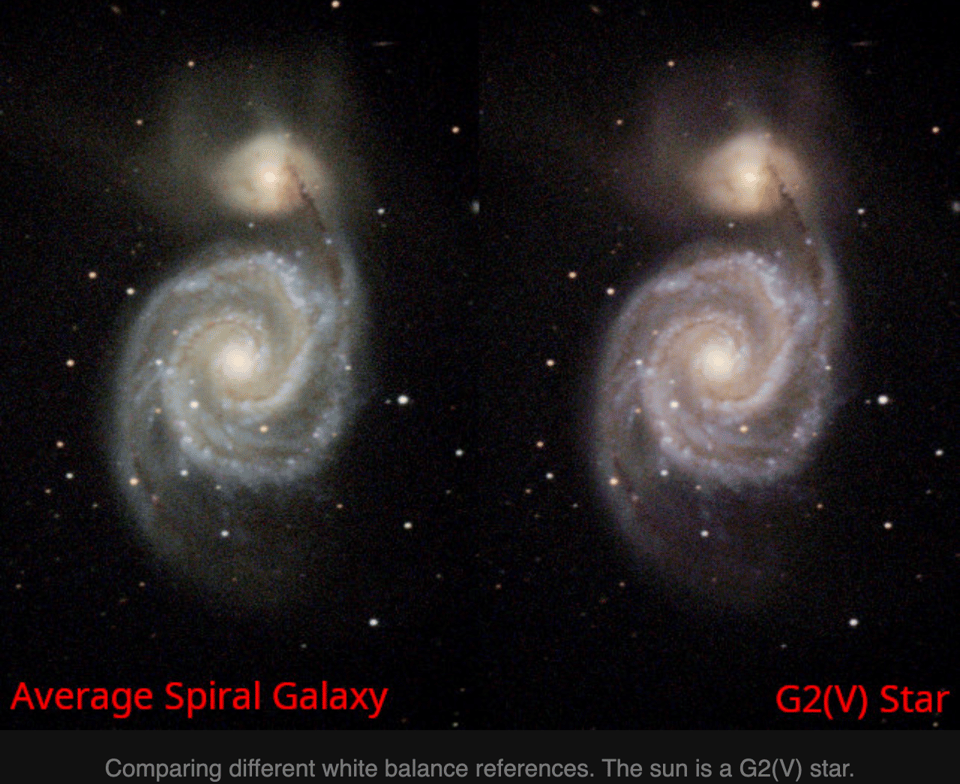
✨ Topical
The evolution of the Tour de France
Jonathan Dahle for Datawrapper: "The Tour has come a long way since its first edition in 1903 — being held every year without fail, except for two breaks during the World Wars. From its humble beginnings as a newspaper marketing stunt, the event quickly turned into cycling's most important race. The name itself is probably known to almost everyone, but is the history?"
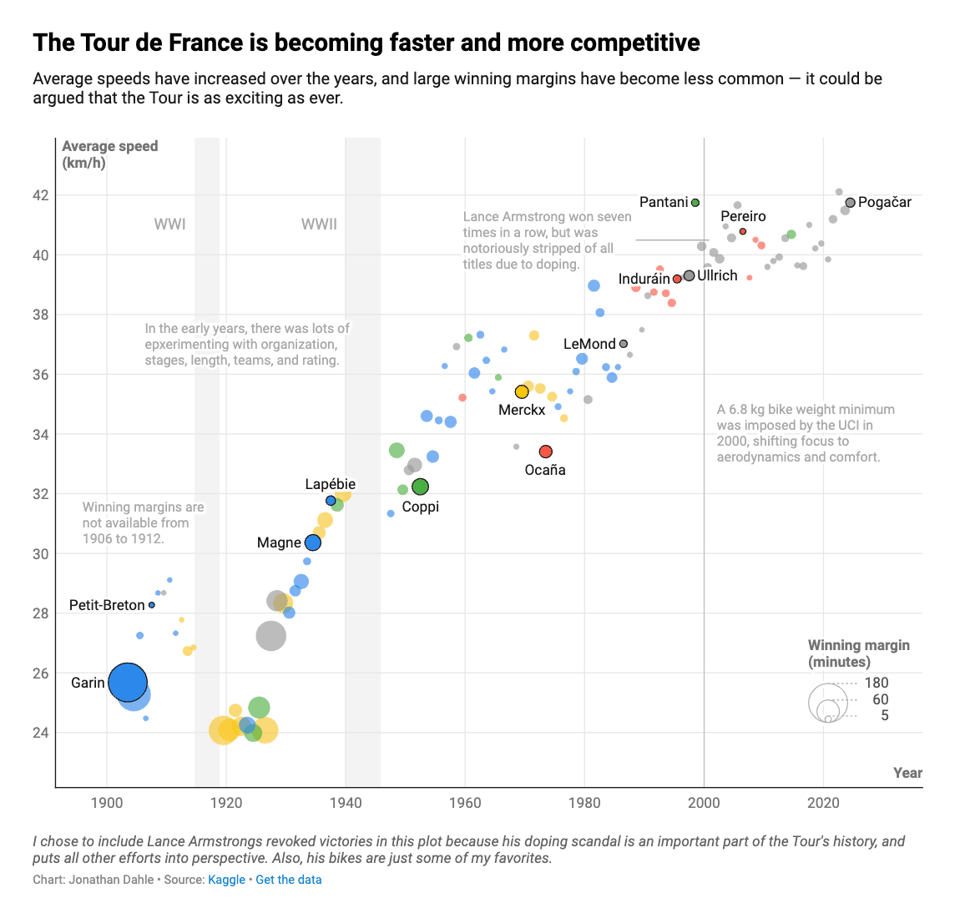
There's a growing sentiment gap between rich and poor Americans
Axios has spotted this interesting trend: "Higher-earning Americans are feeling pretty good these days, but sentiment among those at the bottom is stagnating at much lower levels."
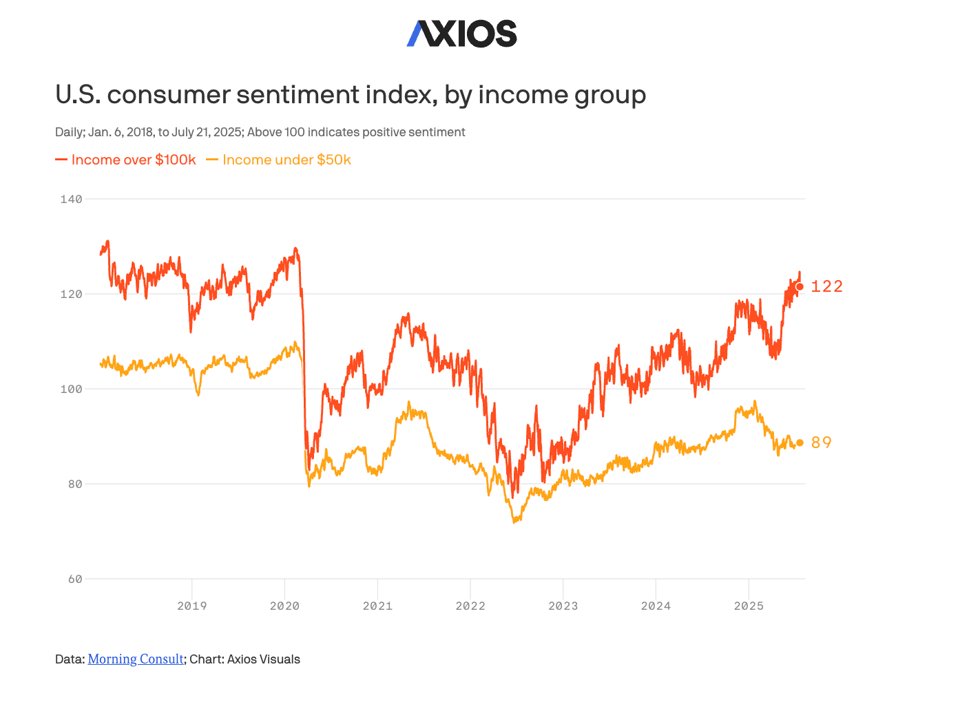
Brain food, delivered daily
Every day we analyze thousands of articles and send you only the best, tailored to your interests. Loved by 505,869 curious minds. Subscribe.

🛠️📖 Tools & Tutorials
Visual CSS - Collaborate with Intelligence
"Load any website and edit its styles in real-time with Visual CSS."
Interesting tool, there's some AI involved, and while it's a paid product it's got a free tier. To be honest, I'd totally use this... just without the AI bit.
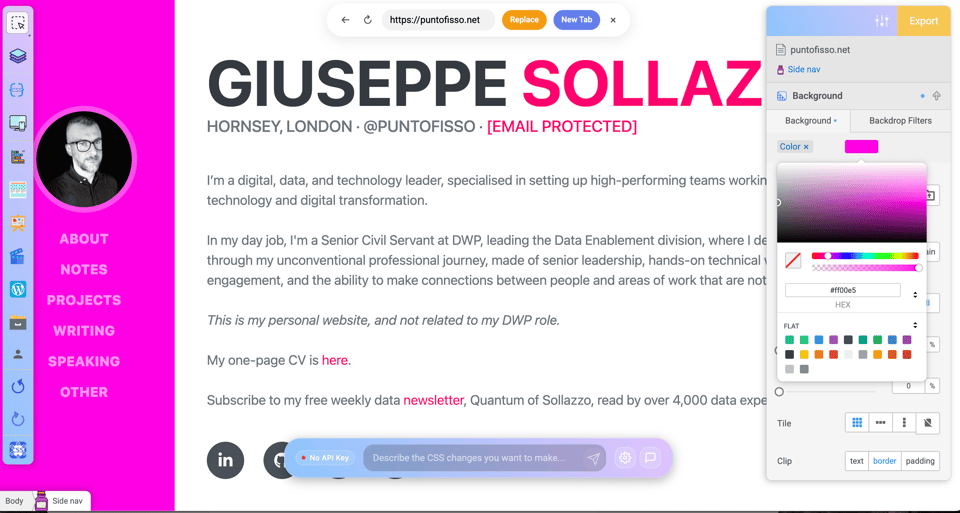
The Open Science Cookbook
Edited by Emily Bongiovanni, Melanie Gainey, Chasz Griego, and Lencia McKee, this book aims to "provide inspiration, guidance, and practical steps for creating and supporting open science library services."
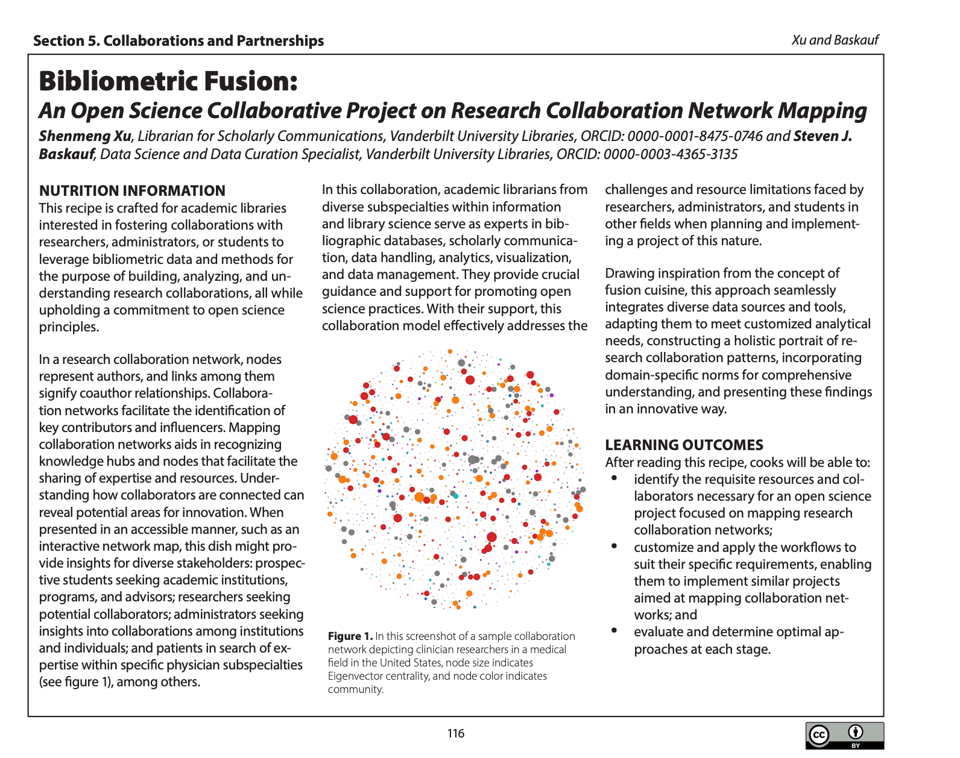
glass3d generator
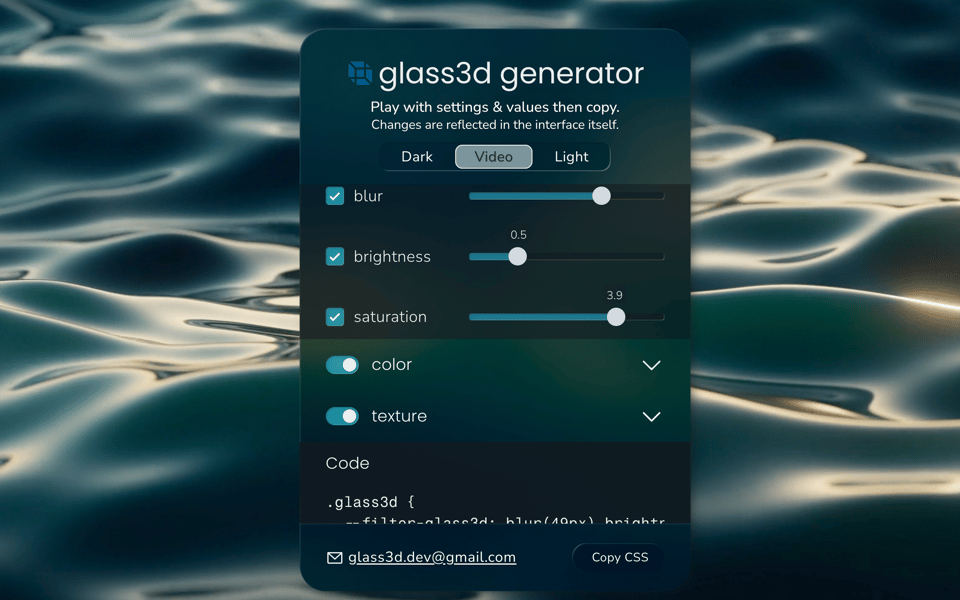
WikiLoop Galaxy
"An interactive network visualization tool that maps Wikipedia articles and their interconnections using the Wikipedia API. Built with D3.js for dynamic graph rendering and real-time exploration."
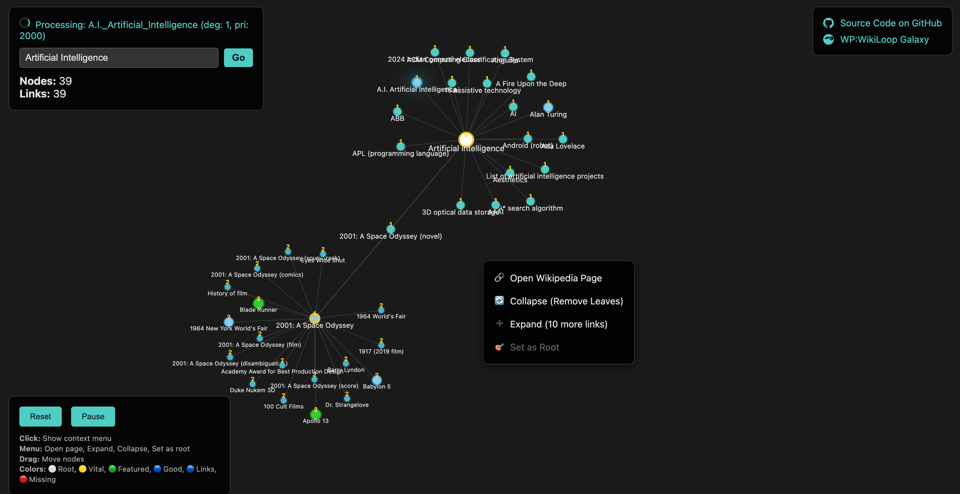
JSON Crack
"Innovative and open-source visualization application that transforms various data formats, such as JSON, YAML, XML, CSV and more, into interactive graphs."
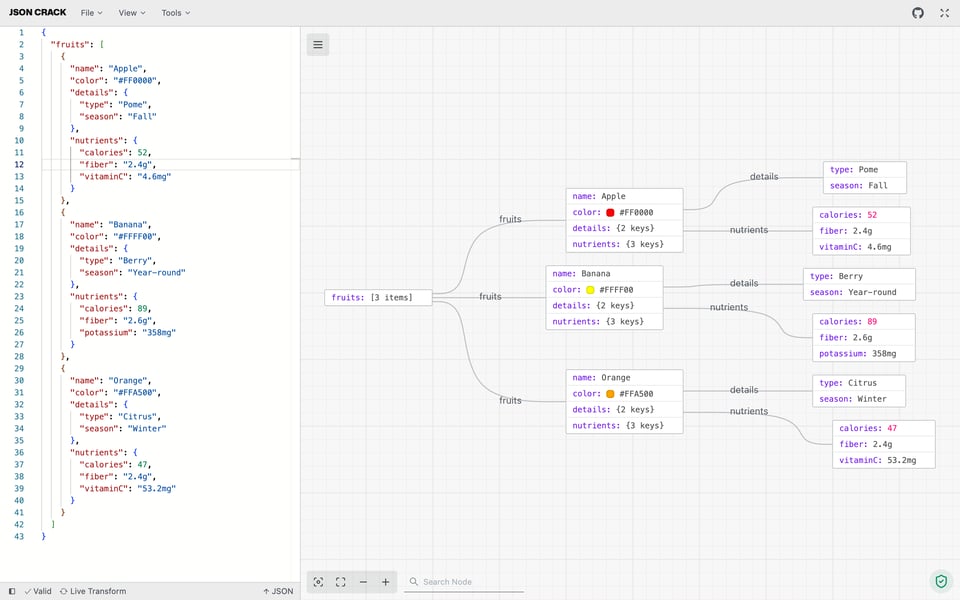
How Amazon S3 works (w/ Andy Warfield)
"Go under the hood of Amazon S3 with AWS engineering leader Andy Warfield—from virtualization to Iceberg". This podcast and transcript might be a tad too technical even for the very technical among you, but I'll leave it here.
So many ranges, so little time: A cheatsheet of animation-ranges for your next scroll-driven animation
Good tutorial for our scrollytelling friends.
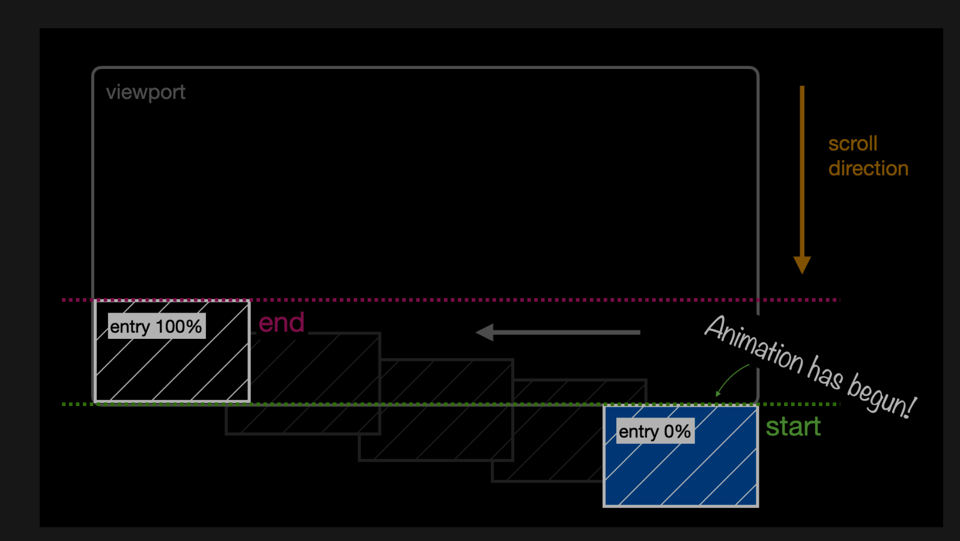
A Friendly Introduction to SVG
"SVGs are one of the most exciting technologies we have access to in-browser. We can do so many cool things with SVG."
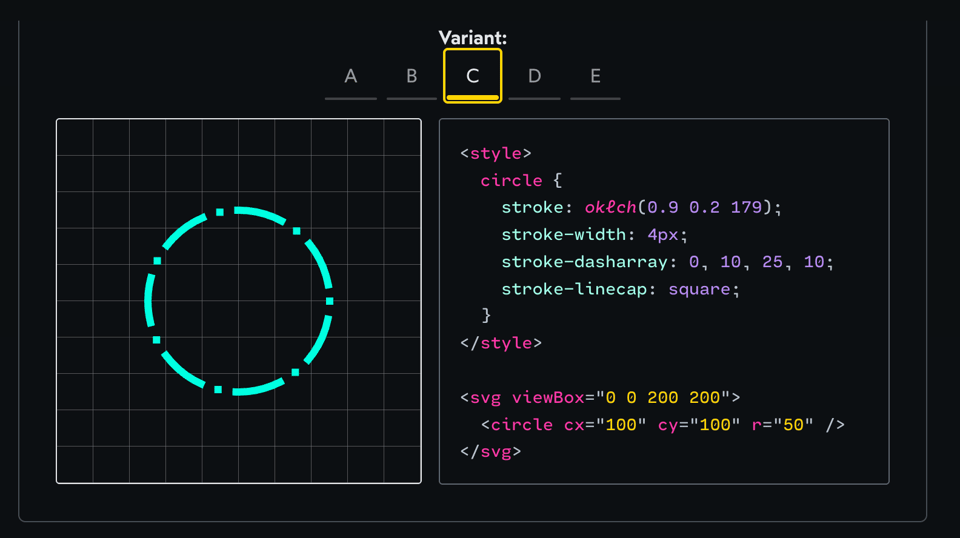
📈Dataviz, Data Analysis, & Interactive
Out of space: Picturing the big, crowded business of satellite internet
"Space-based internet is remaking Earth’s orbit — and fueling a gold rush."
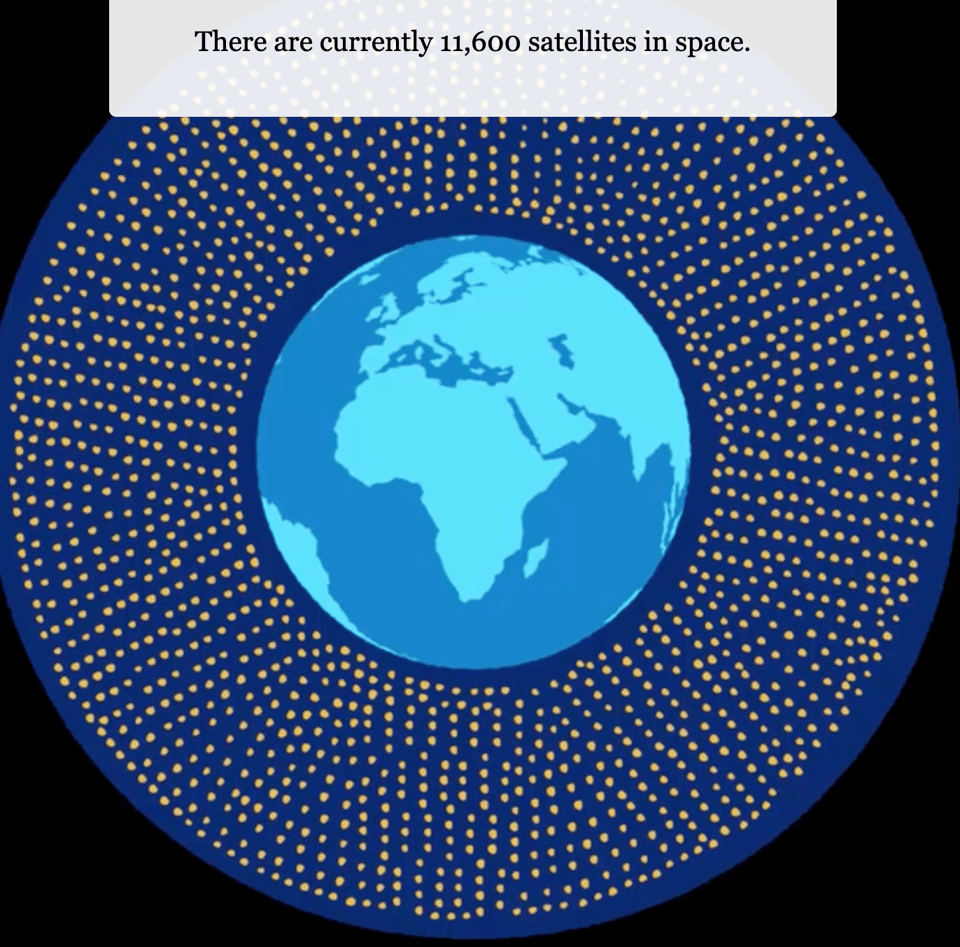
An overlooked demographic has the highest suicide risk — and it’s been rising
"While prevention efforts focus on the young, men 75 and older are most at risk". It's also interesting to see that the pattern is actually inverted for women.
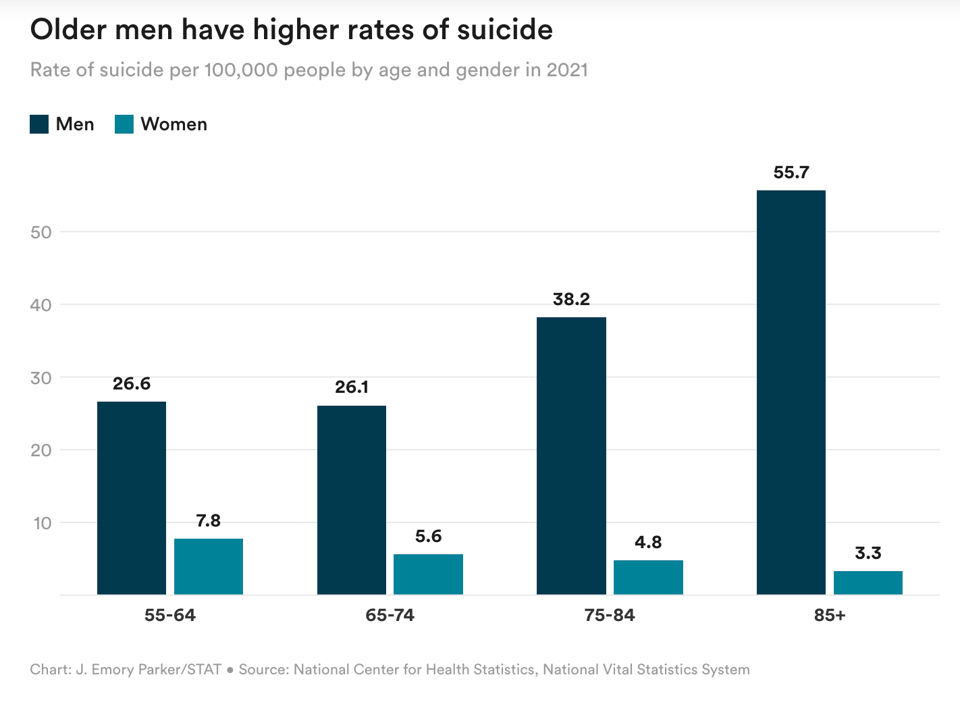
How many civilian jobs are in the US federal government?
Data analysis by USAFacts. Obviously the good old Whitehall Monitor by the Institute for Government (but initially started by data legend Gavin Freeguard) captures similar data for the UK.
The spikes in the chart must be, I presume, fixed-term employees that run the census.
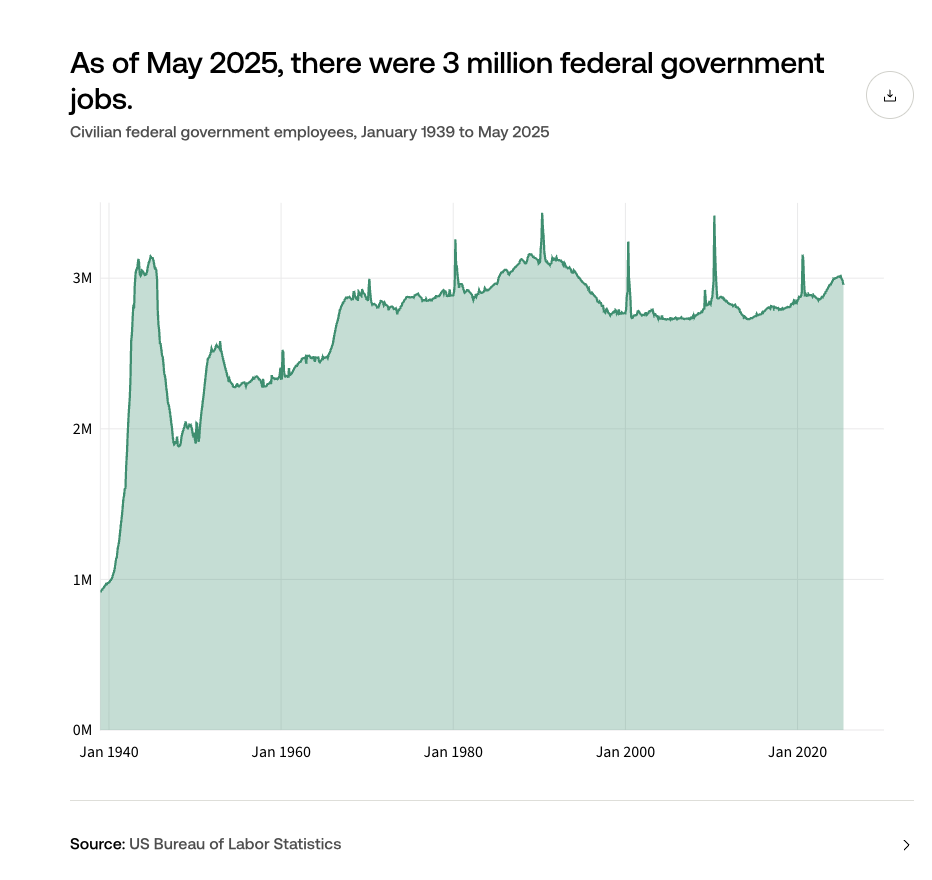
🤯 Data thinking
🤖 AI
Death by AI
"I found out about my death the way everybody finds out everything: from Google. ... Google AI Overview kept the only statement I objected to — specifically, that I was dead — and removed the accurate statements."
How do you correct a public AI model that gives inaccurate answers? Who do you ask? What could be the real life consequences?
Why AI is making us worse thinkers (and how to avoid it)
"Exploring how AI usage erodes our critical thinking and learning to treat it as a thinking partner for better outcomes."
Quite a few interesting things in this article, including ideas on "how to work with AI as a thinking partner".
I’m Tired of Talking About AI
This is a bit of a rant, but it's got a few good lines. "LLMs have no theory of the system, and cannot form one."
The Game Genie Generation
The story of Game Genie is pretty cool in itself – a cartridge you'd use on top of a Nintendo cartridge, which would give you the ability to influence the game in convenient ways (e.g. giving you extra lives). This is from a time where software was hardware...
Well, nostalgia aside, the reason why it's interesting is that there was a court case that Nintendo lost, making Game Genie (and, by jurisprudence, Game genie like software) fair use, and therefore not infringing on IP.
...cut to 2025, and that legal argument is what has made training LLM on materials on the internet "fair use".
"Yes, we live in a world where we can directly compare Claude siphoning the whole of human knowledge with the six- or eight-character codes you put into your NES in 1991."
AI As Profoundly Abnormal Technology
A reasoned response to the AI as Normal Technology article.
Cursor makes developers less effective?
"A study into the workflows of experienced developers found that devs who use Cursor for bugfixes are around 19% slower than devs who use no AI tools at all."
This may or may not be meaningful going forward, but it's definitely a good step towards the idea that you need to evaluate every tool – be it a hammer, or an LLM.
Surface Fairness, Deep Bias: A Comparative Study of Bias in Language Models
"Finally, if we ask the model for salary negotiation advice, we see pronounced bias in the answers."
Surprise, surprise, if confirmed (it's a pre-print so not yet peer-reviewed). Credible because of training data, I'd say. Keep an eye on it.
|
DID YOU LIKE THIS ISSUE>? → BUY ME A COFFEE! 
You're receiving this email because you subscribed to Quantum of Sollazzo, a weekly newsletter covering all things data, written by Giuseppe Sollazzo (@puntofisso). If you have a product or service to promote and want to support this newsletter, you can sponsor an issue. |
quantum of sollazzo is also supported by Andy Redwood’s proofreading – if you need high-quality copy editing or proofreading, check out Proof Red. Oh, and he also makes motion graphics animations about climate change.
